Dr. Le Viet Quoc is currently working at Google and is considered one of the leading researchers in artificial intelligence (AI) at the Google Brain project. He is also a member of the Board of Trustees and a member of the Science and Training Council at Fulbright University Vietnam.
In front of the first graduates of Fulbright University Vietnam on the morning of June 24, Dr. Quoc was the keynote speaker with an inspiring speech revolving around the topic "Faced with the rapid changes of the era, can machines replace humans?".
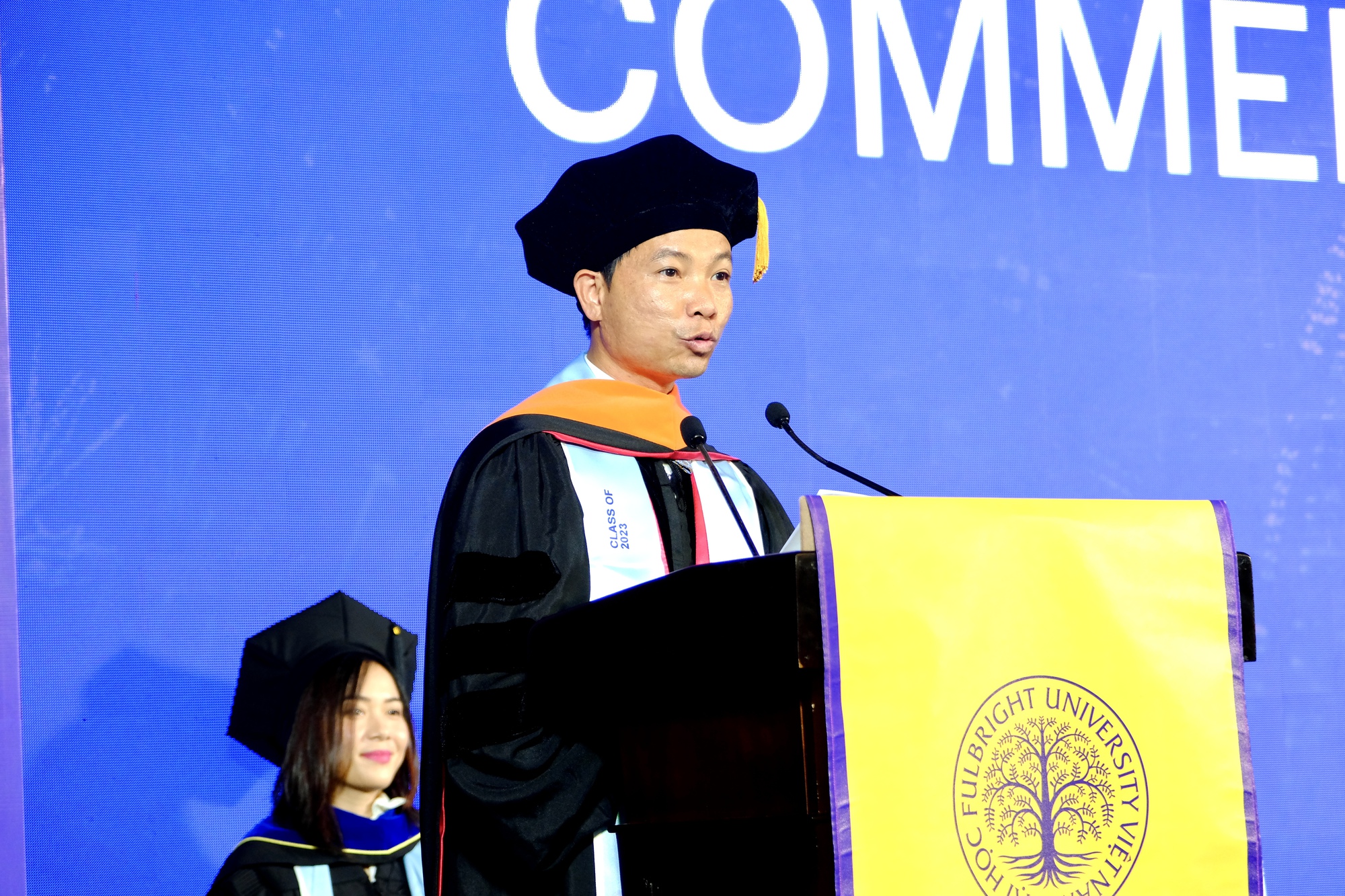
Dr. Le Viet Quoc is the keynote speaker at the graduation ceremony of Fulbright University Vietnam.
In his speech, Dr. Quoc talked about his journey with AI and how AI will impact the world.
AI Solves the World's Most Urgent Problems
Mr. Quoc shared: "When I was a child, my dream was to become an adult who could contribute to society. One day, I saw a picture of Neil Armstrong taking his first steps on the moon. It was a picture that amazed me, because this was a great achievement of mankind. I wondered, why were humans able to set foot on the moon? After all, on this planet, we are not the fastest animals, we are not the strongest animals, and we are not even the animals that can fly."
He then said that he realized that we could reach the moon thanks to human intelligence. Humans are so intelligent that they can build machines to take people to the moon.
Mr. Quoc continued: "At that time, I dreamed of building intelligent machines and did not expect that the research field that made my dream come true today is known as AI."
It was that dream that led him to leave Hue to embark on a journey of researching and developing AI. "Currently, although I have been working in this field for more than 20 years, AI always gives me endless inspiration because this technology has the potential to change the world in a better and more sustainable way. I believe that AI can "revolutionize" and improve many aspects of life around us from healthcare, transportation to education," the AI expert said.
Mr. Quoc pointed out many potentials of AI such as diagnosing diseases more accurately and effectively. For example, AI has been used to evaluate images to detect diseases such as cancer early. AI can also create new forms of art and entertainment that are more attractive and engaging than before.
In addition, according to Mr. Quoc, AI can help farmers respond to rapid changes in the agricultural ecosystem, such as changes in water resources or pests.
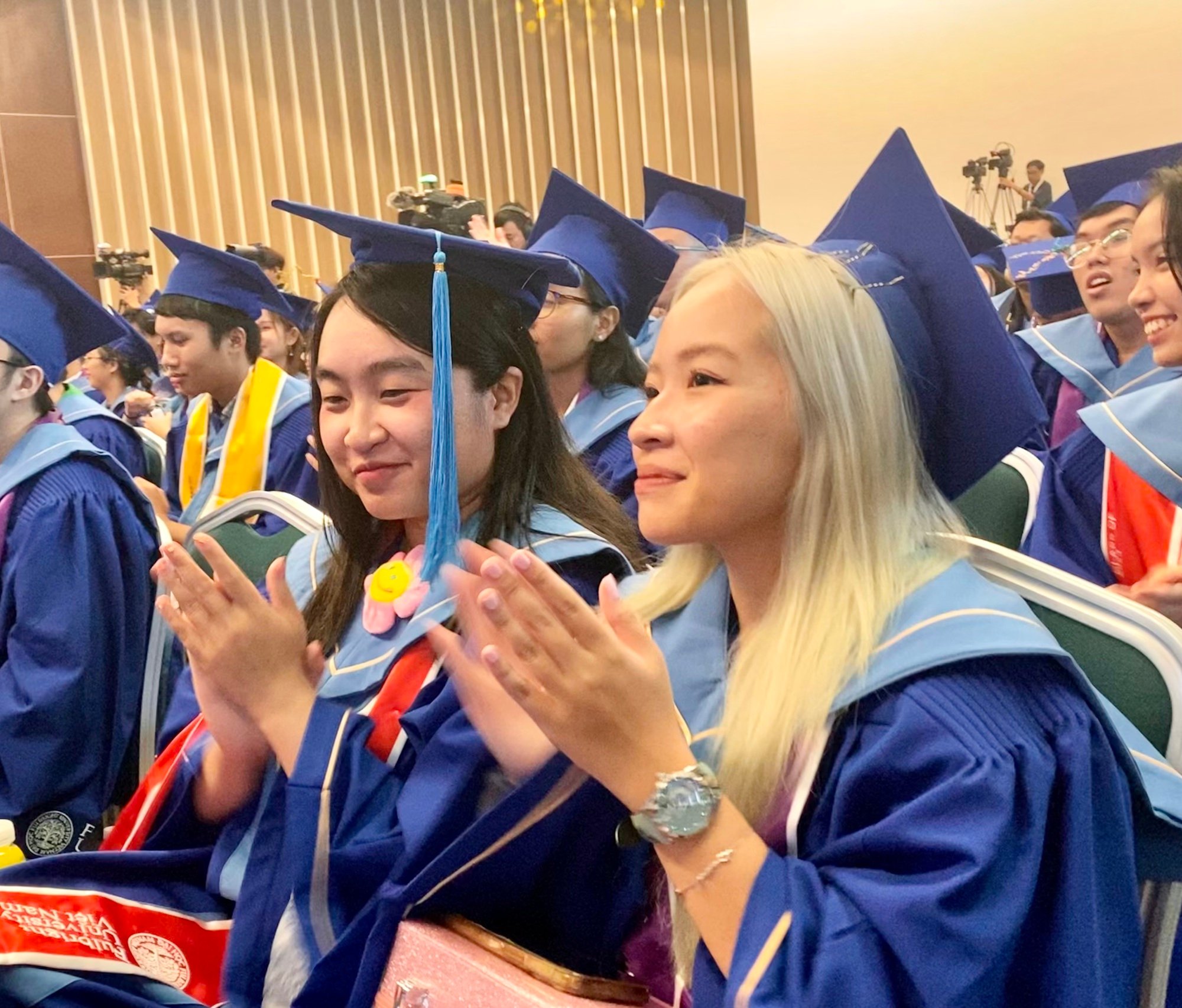
Fulbright University Vietnam students at graduation ceremony
"I don't expect machines to replace the invaluable role of a teacher."
In the field of education, Dr. Quoc said that AI can provide personalized learning solutions for students. "However, I do not expect machines to replace the invaluable role of a teacher," Mr. Quoc emphasized, receiving applause from the entire hall.
Mr. Quoc also told new graduates and students: "Don't think that AI can help you reduce the burden of studying or writing research papers. Trust me! I tried asking ChatGPT to write this graduation speech and the result is... I still have to use my own words and phrases."
However, this scientist warned that AI will create many challenges in society. "We will have to face more sudden and unpredictable disruptions due to the rapid development of technology and AI," Mr. Quoc analyzed.
"AI is an open field, a playground for everyone who wants to access and delve into research. Although large companies like Google invest billions of dollars in AI research and development, the next breakthrough could come from an individual or organization that none of us have ever heard of. The question of whether AI is good or bad depends entirely on each of us," Dr. Le Viet Quoc noted.
Source link


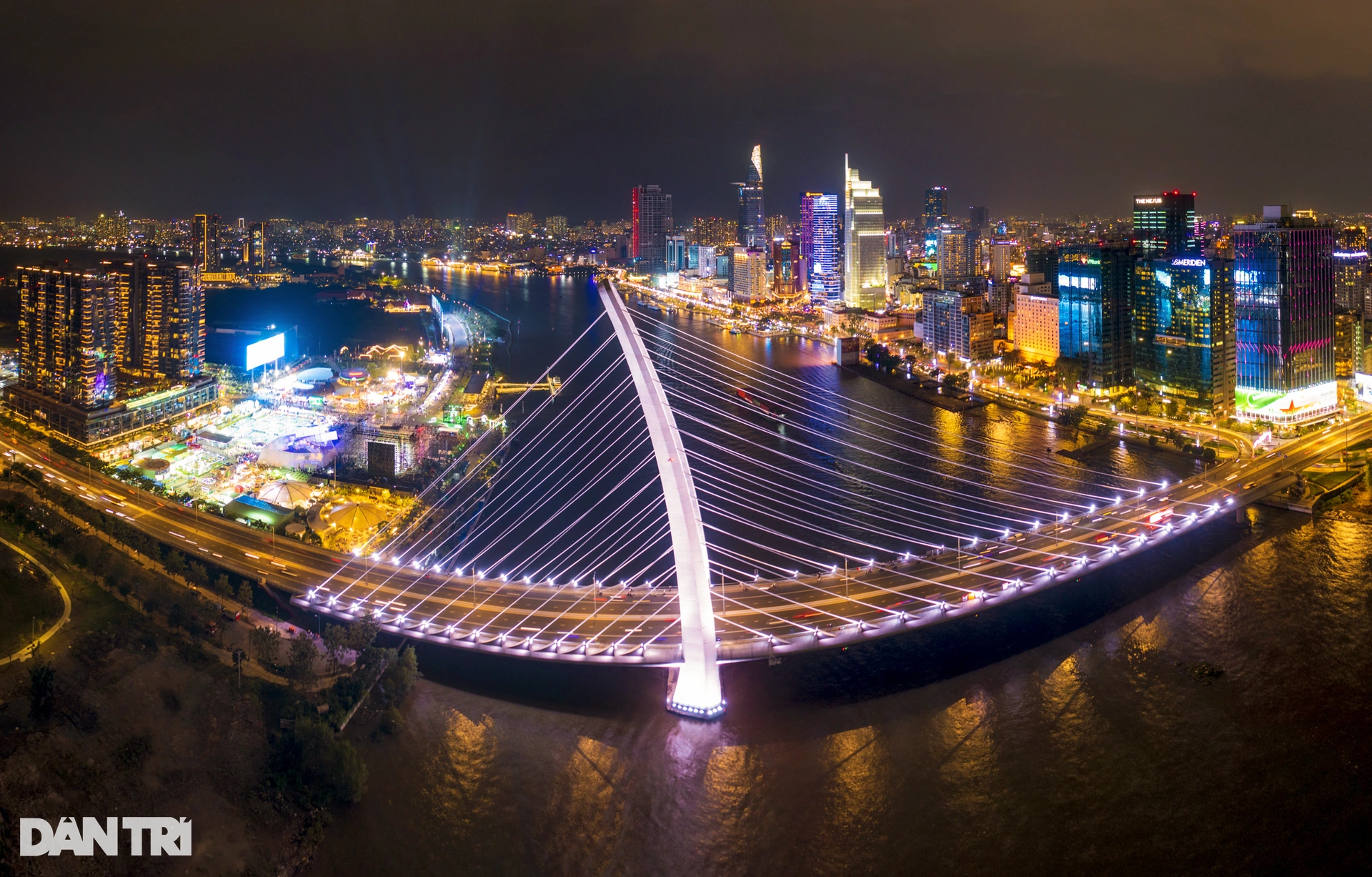
![[Photo] Ha Giang: Many key projects under construction during the holiday season](https://vstatic.vietnam.vn/vietnam/resource/IMAGE/2025/5/1/8b8d87a9bd9b4d279bf5c1f71c030dec)



![[Photo] Binh Thuan organizes many special festivals on the occasion of April 30 and May 1](https://vstatic.vietnam.vn/vietnam/resource/IMAGE/2025/5/1/5180af1d979642468ef6a3a9755d8d51)
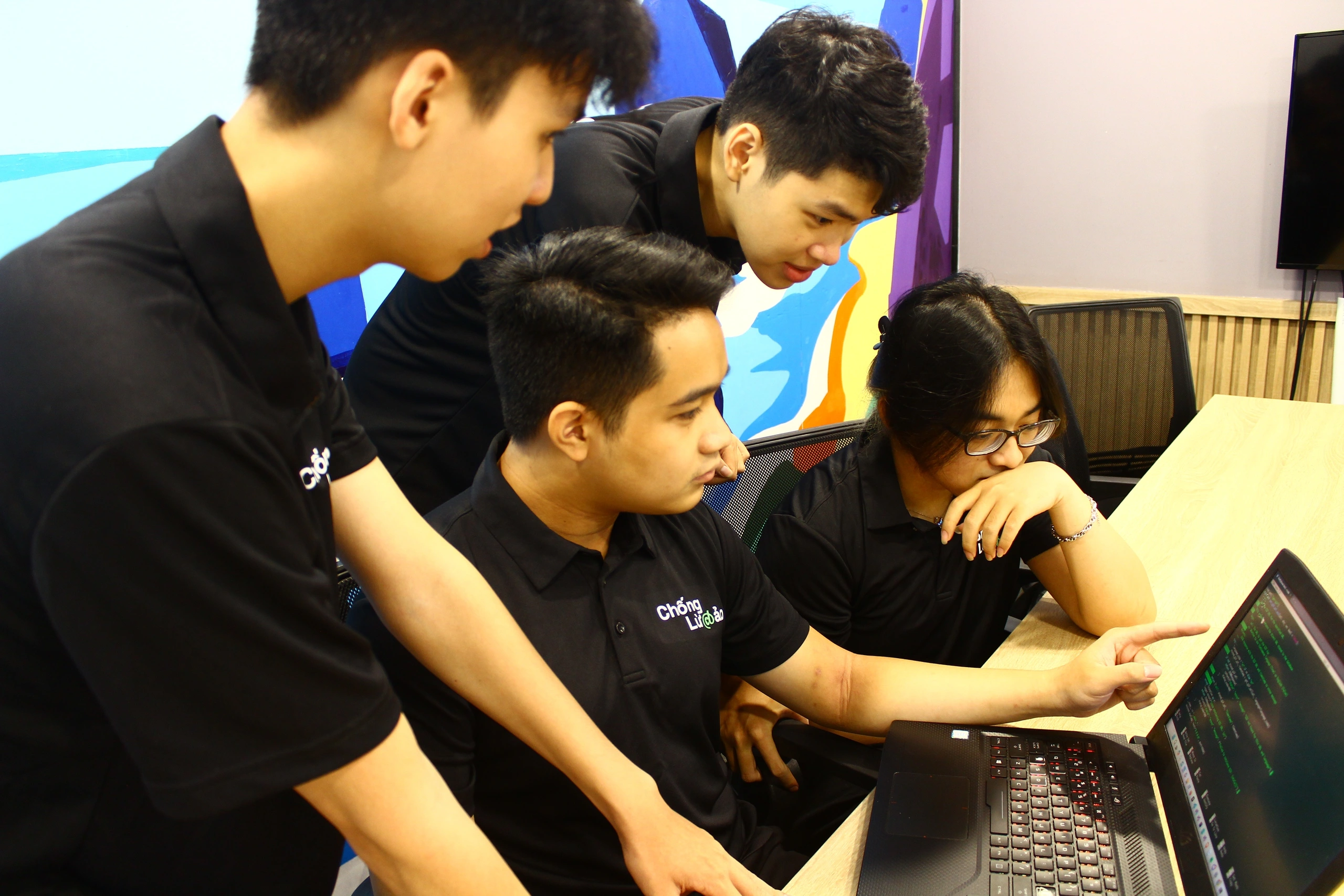


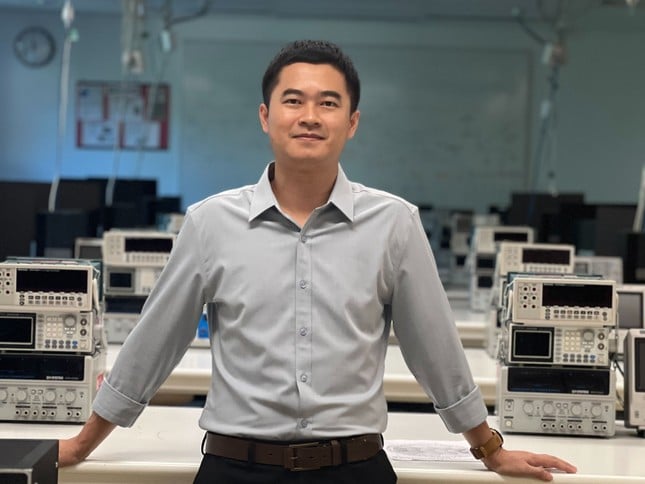

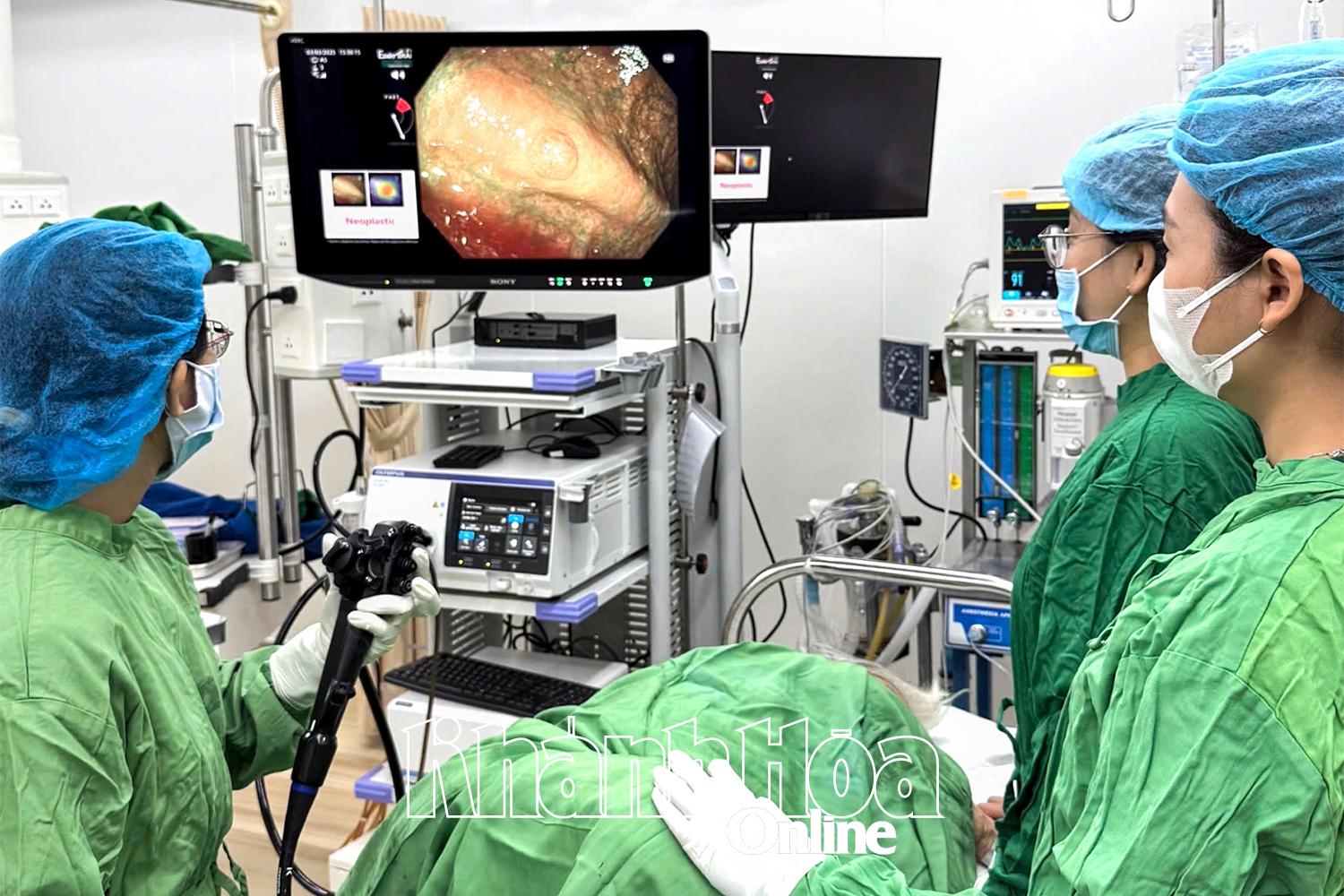

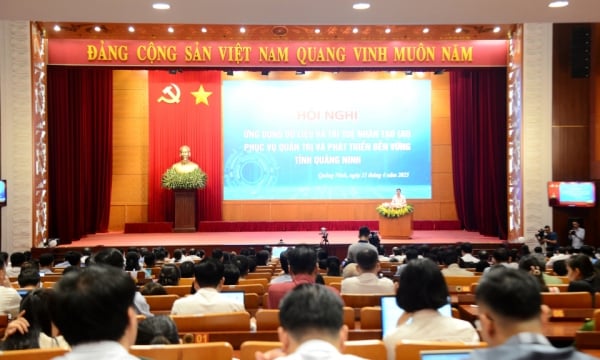

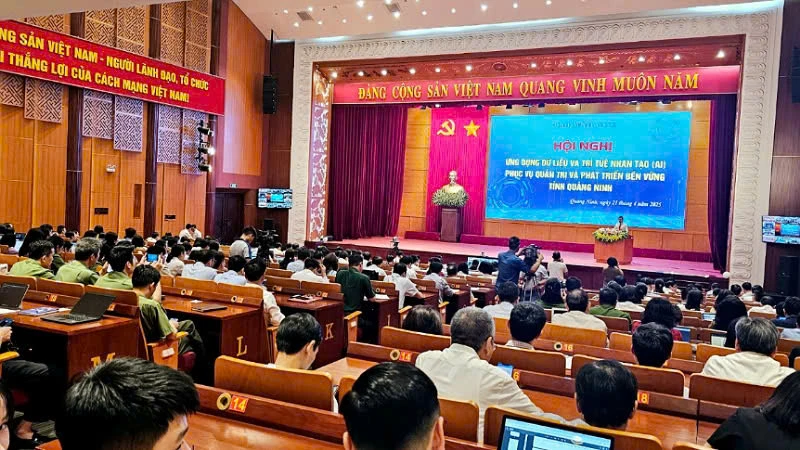


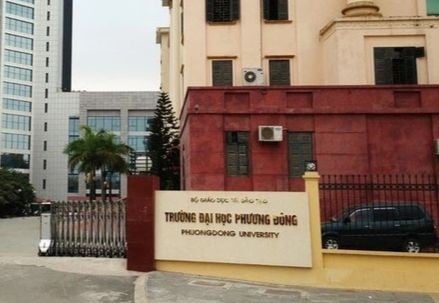
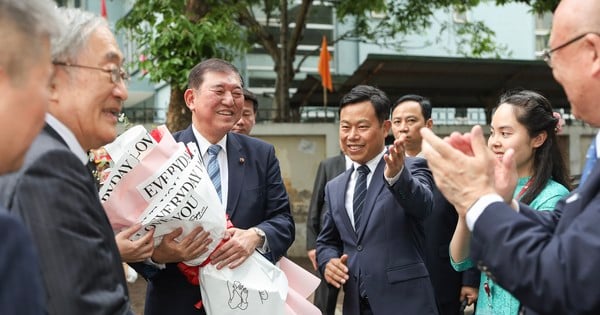

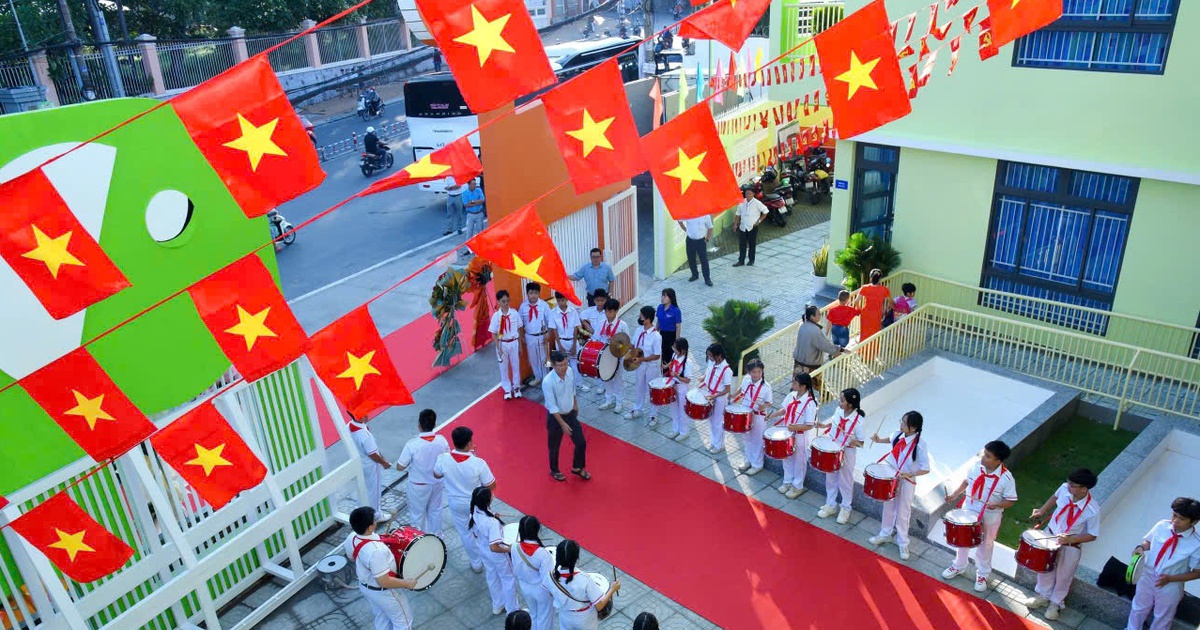

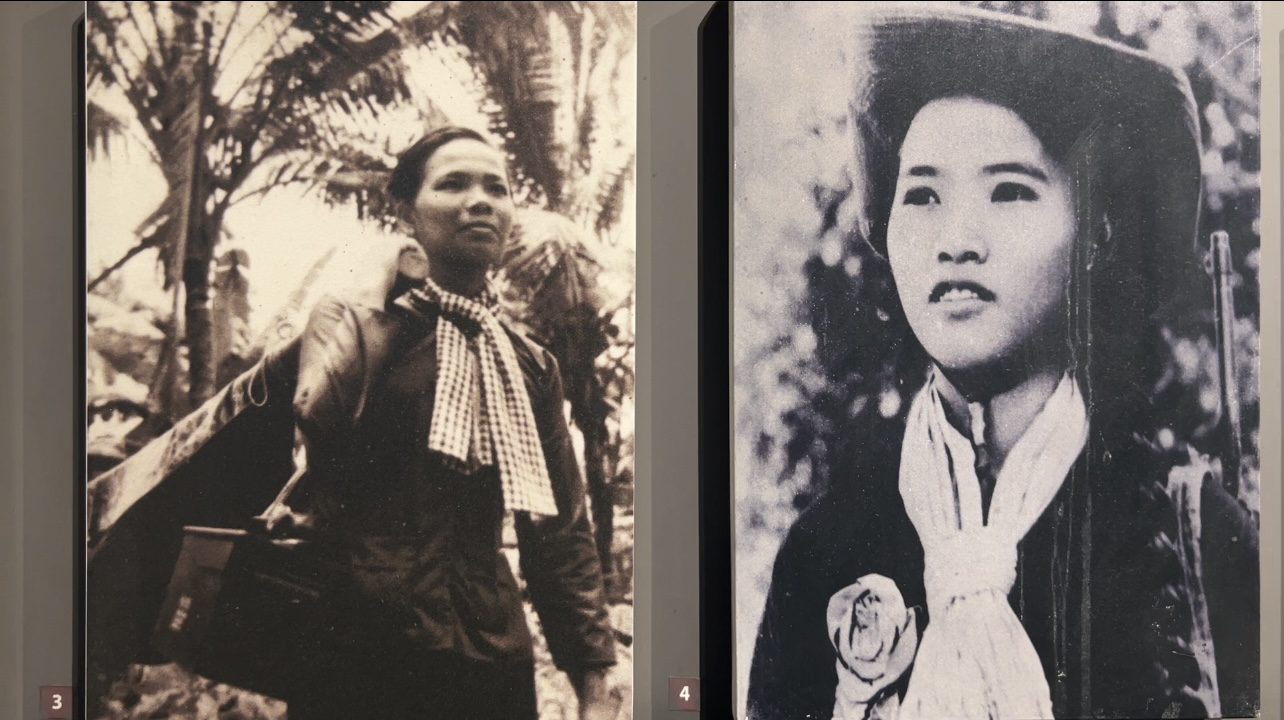


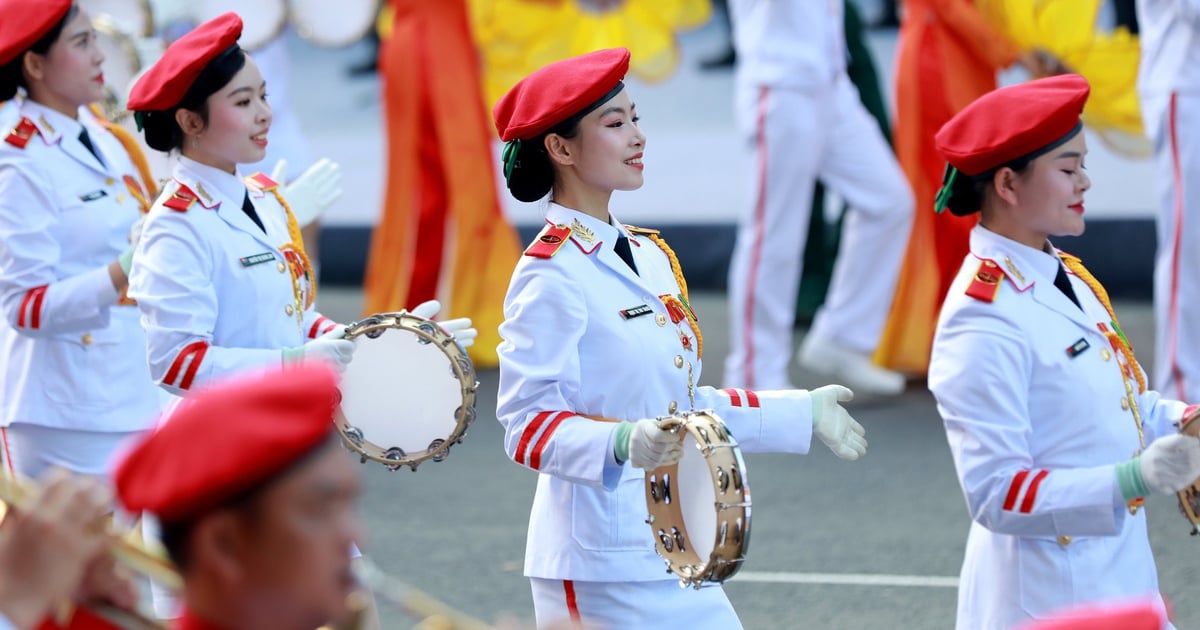



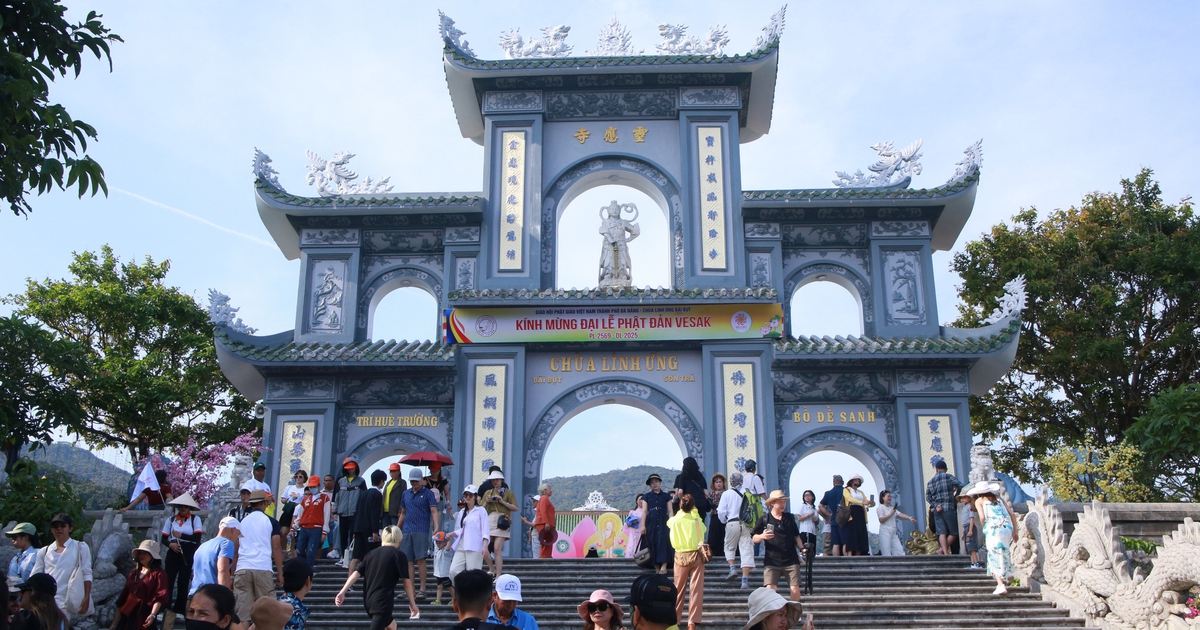

![[Photo] Feast your eyes on images of parades and marching groups seen from above](https://vstatic.vietnam.vn/vietnam/resource/IMAGE/2025/4/30/3525302266124e69819126aa93c41092)


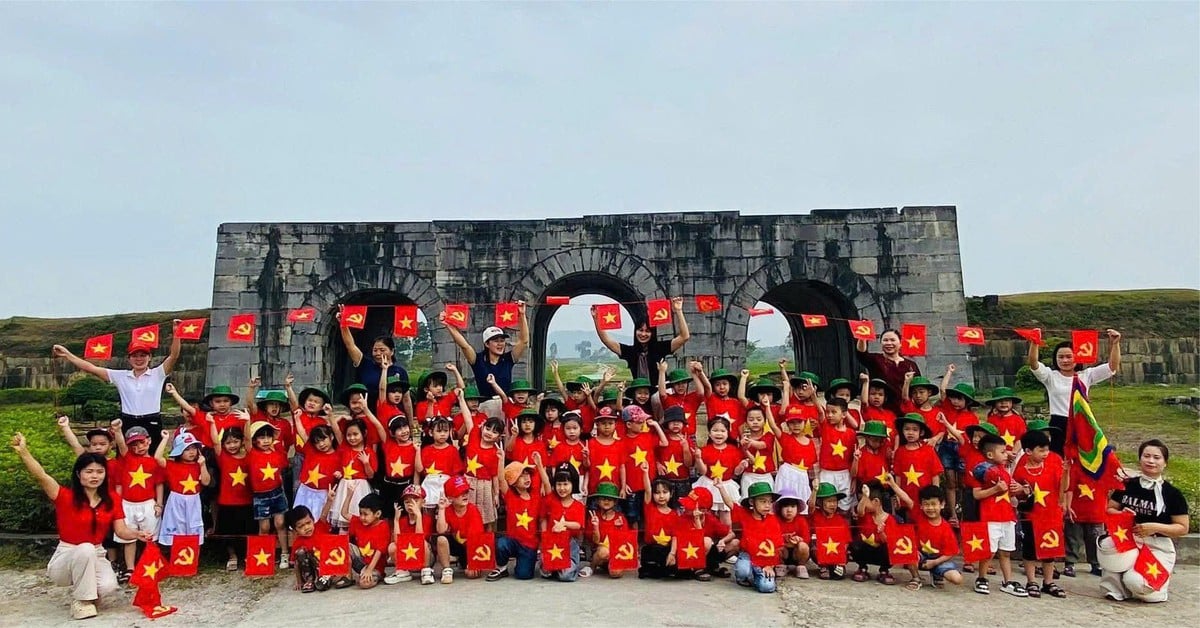








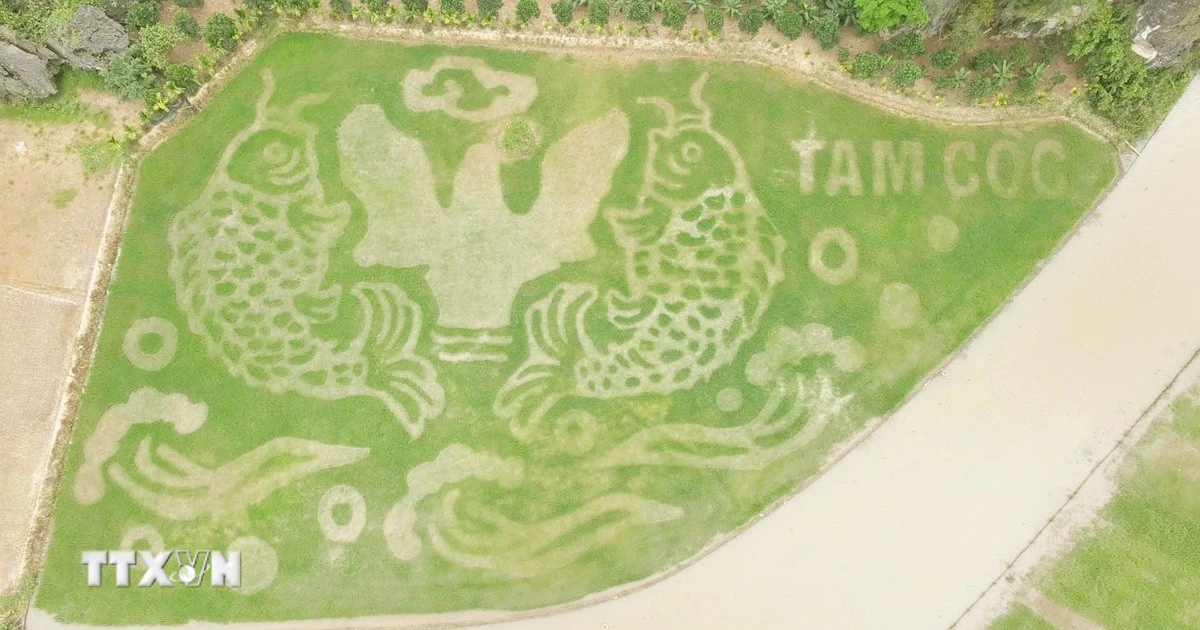

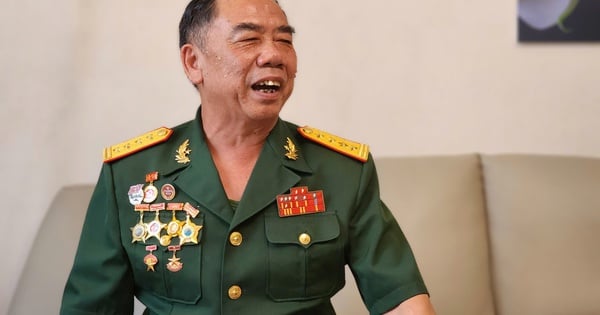

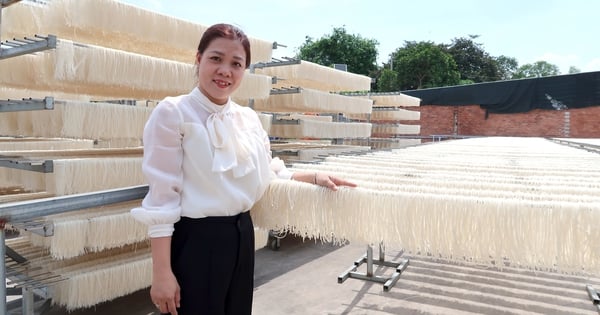

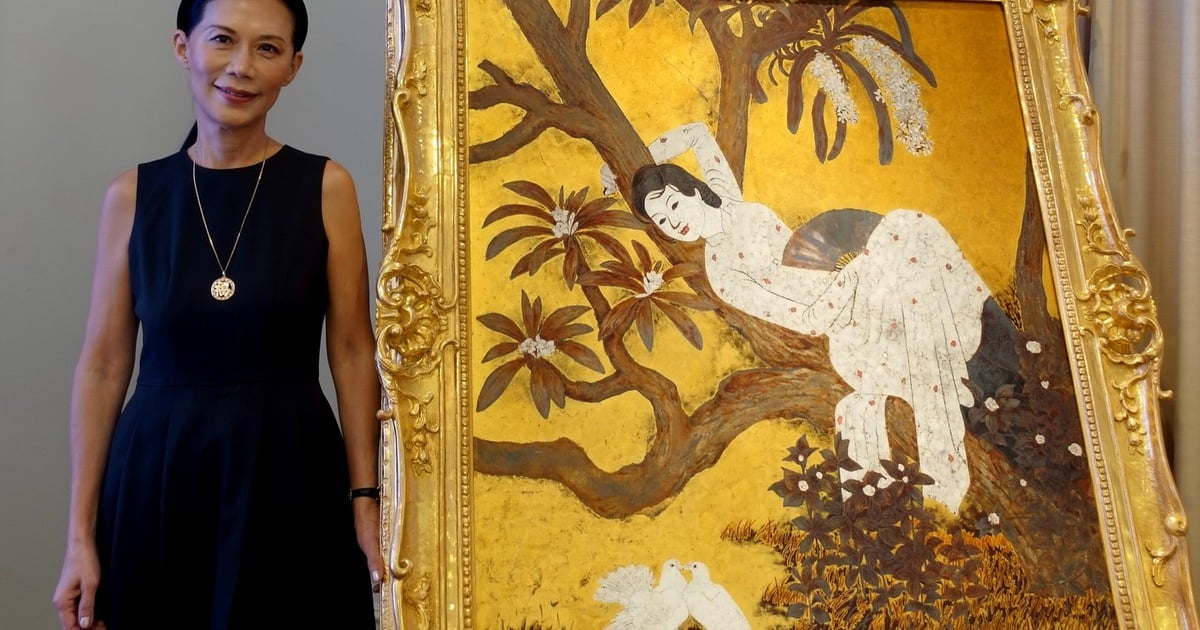
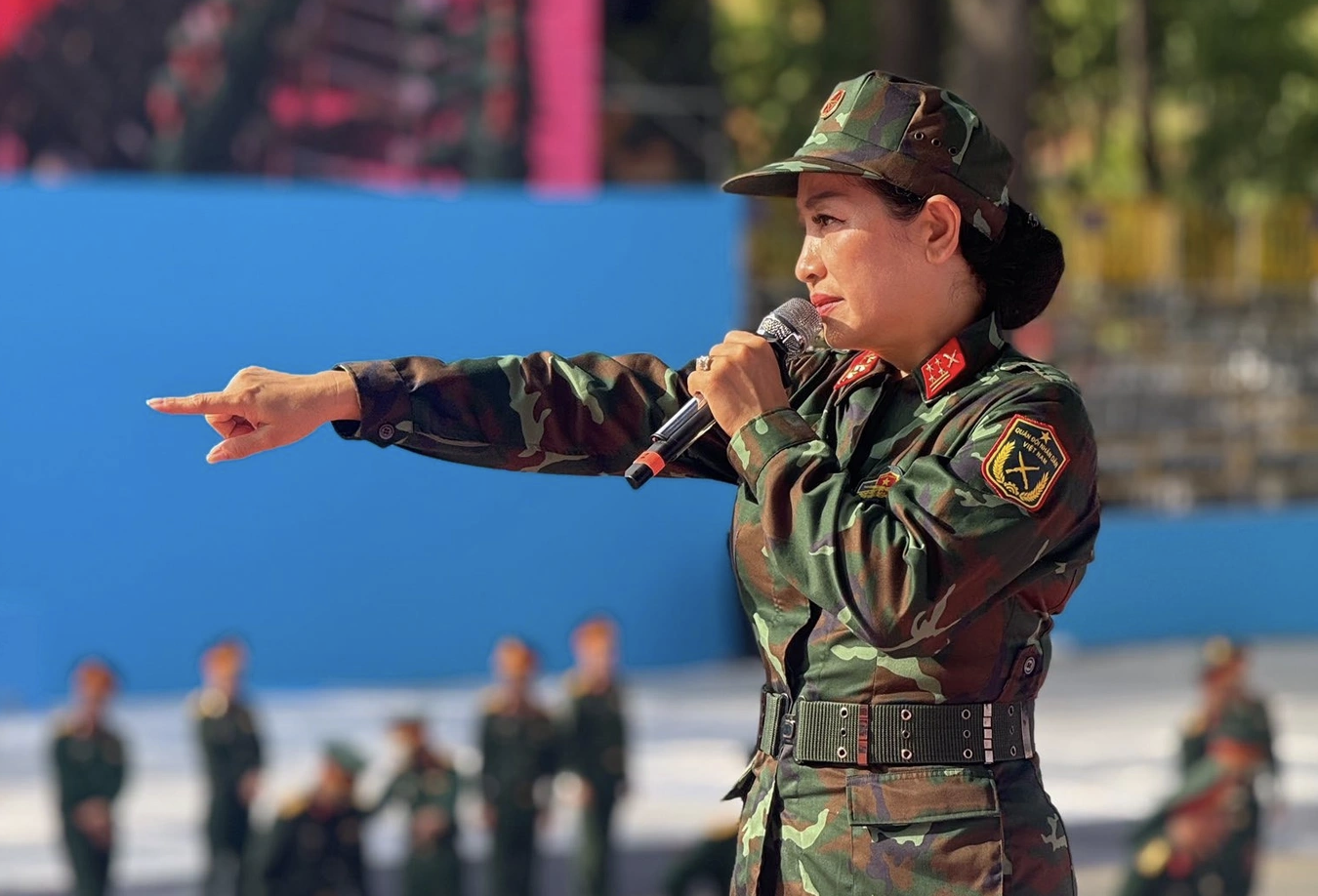

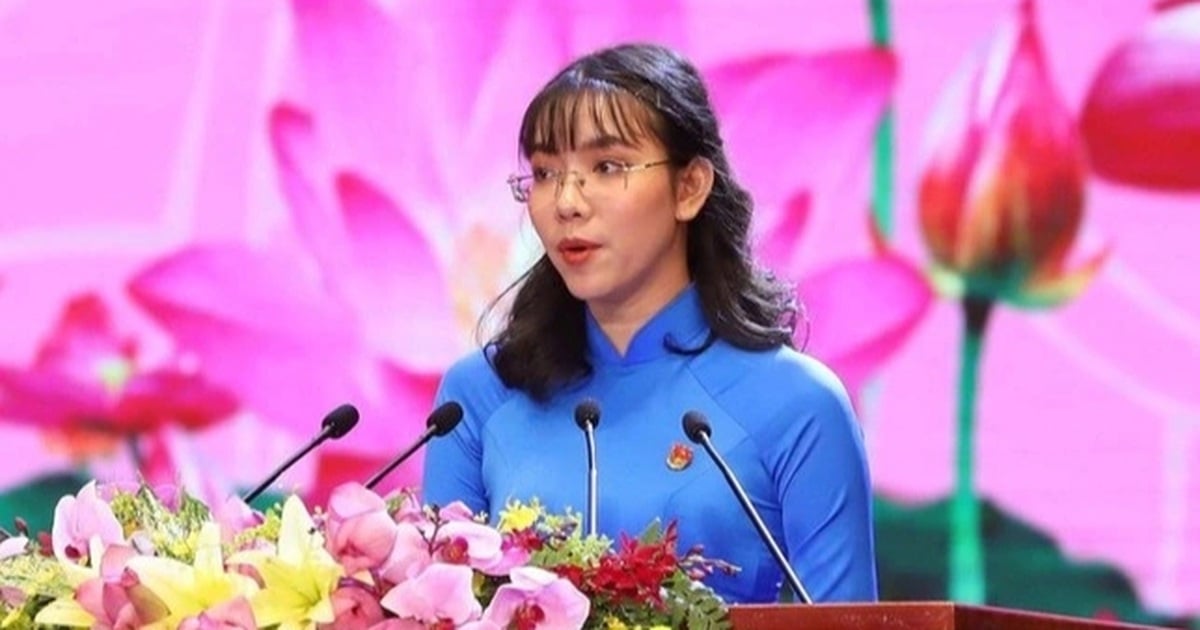
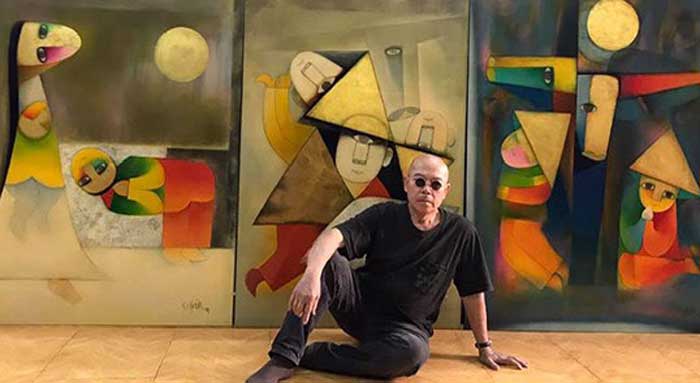











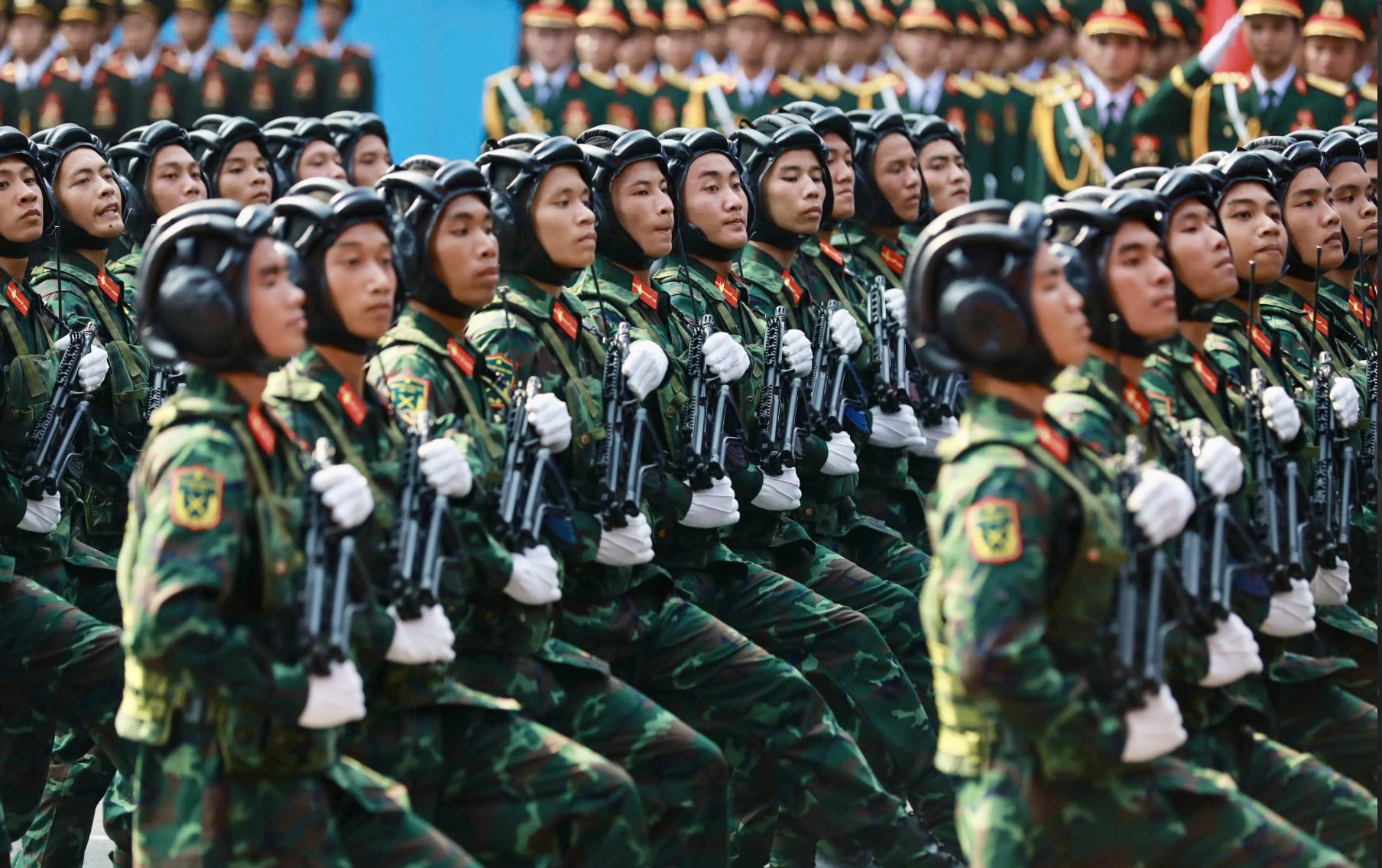













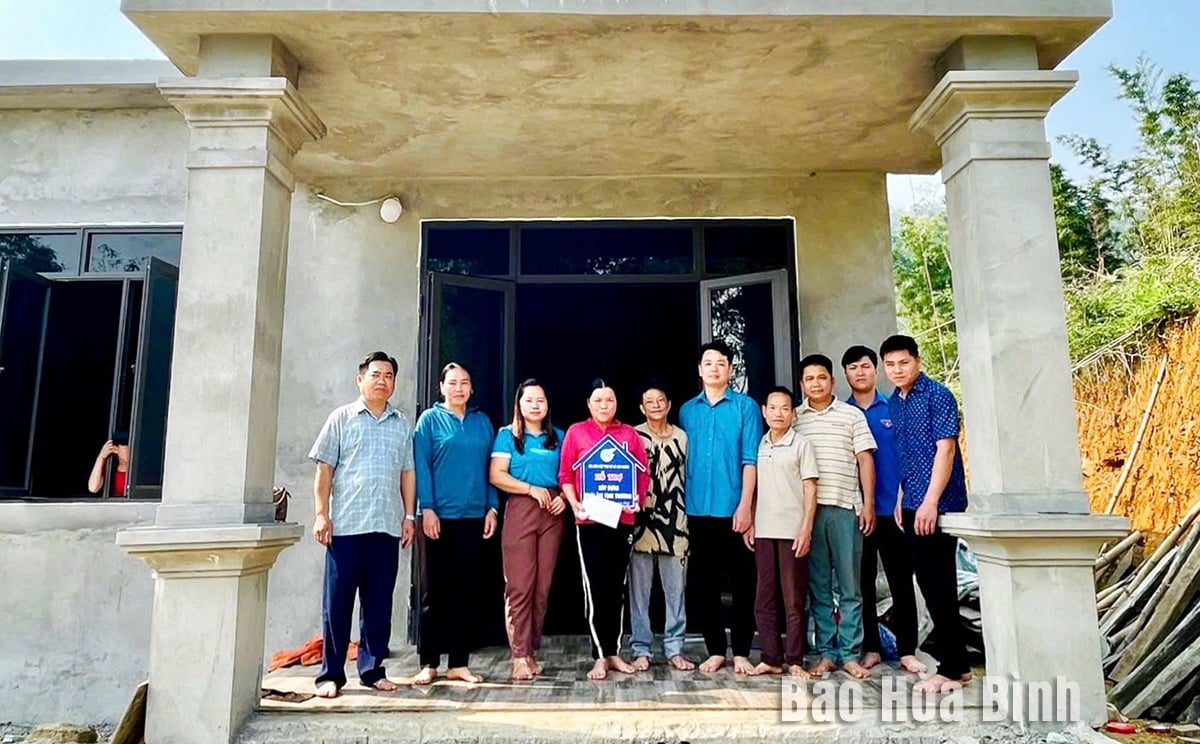
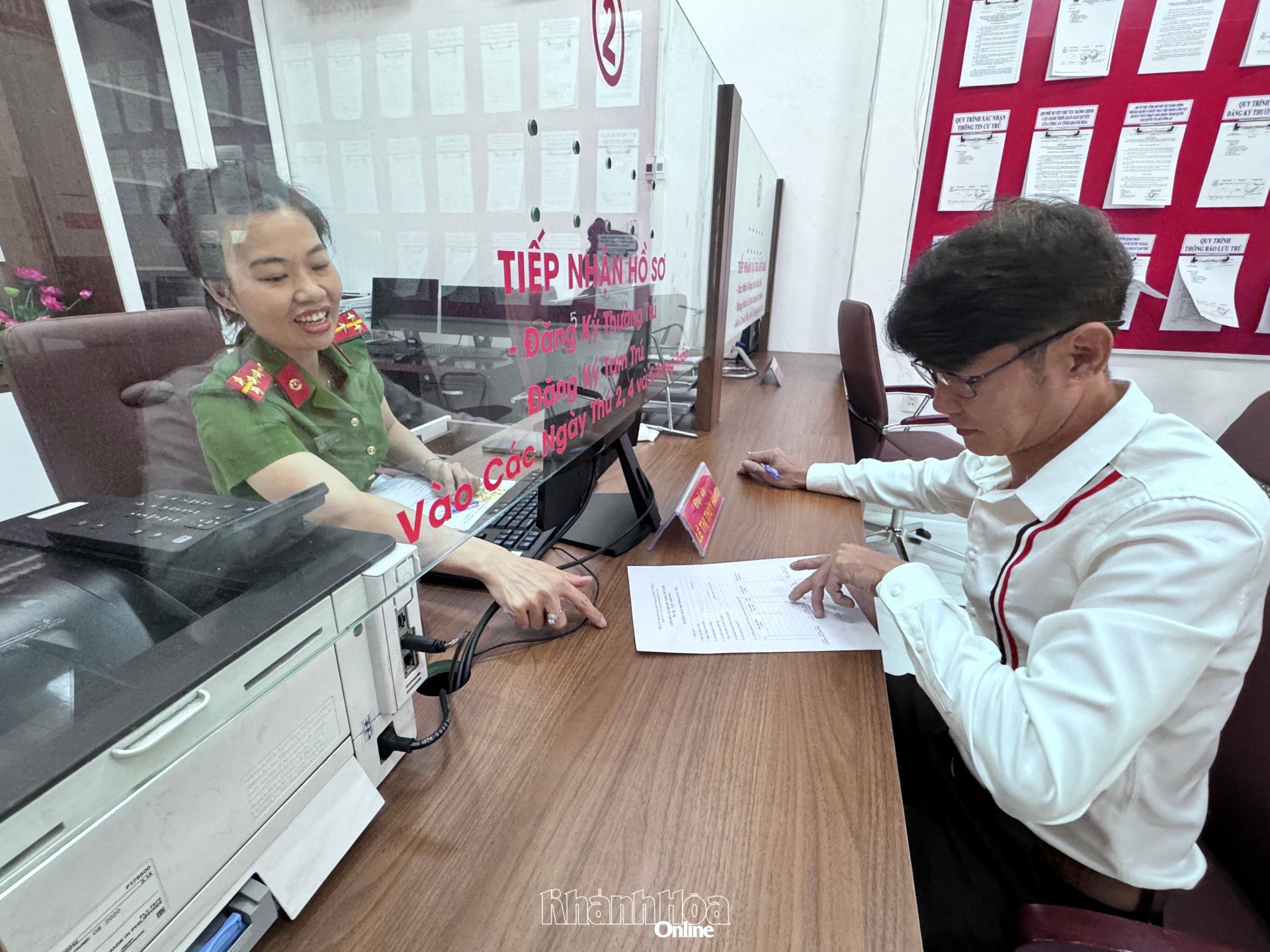
![[Photo] Water carrying festival](https://vstatic.vietnam.vn/vietnam/resource/IMAGE/2025/5/1/7d7b49647d7340f98d94f3e4deff3e7c)

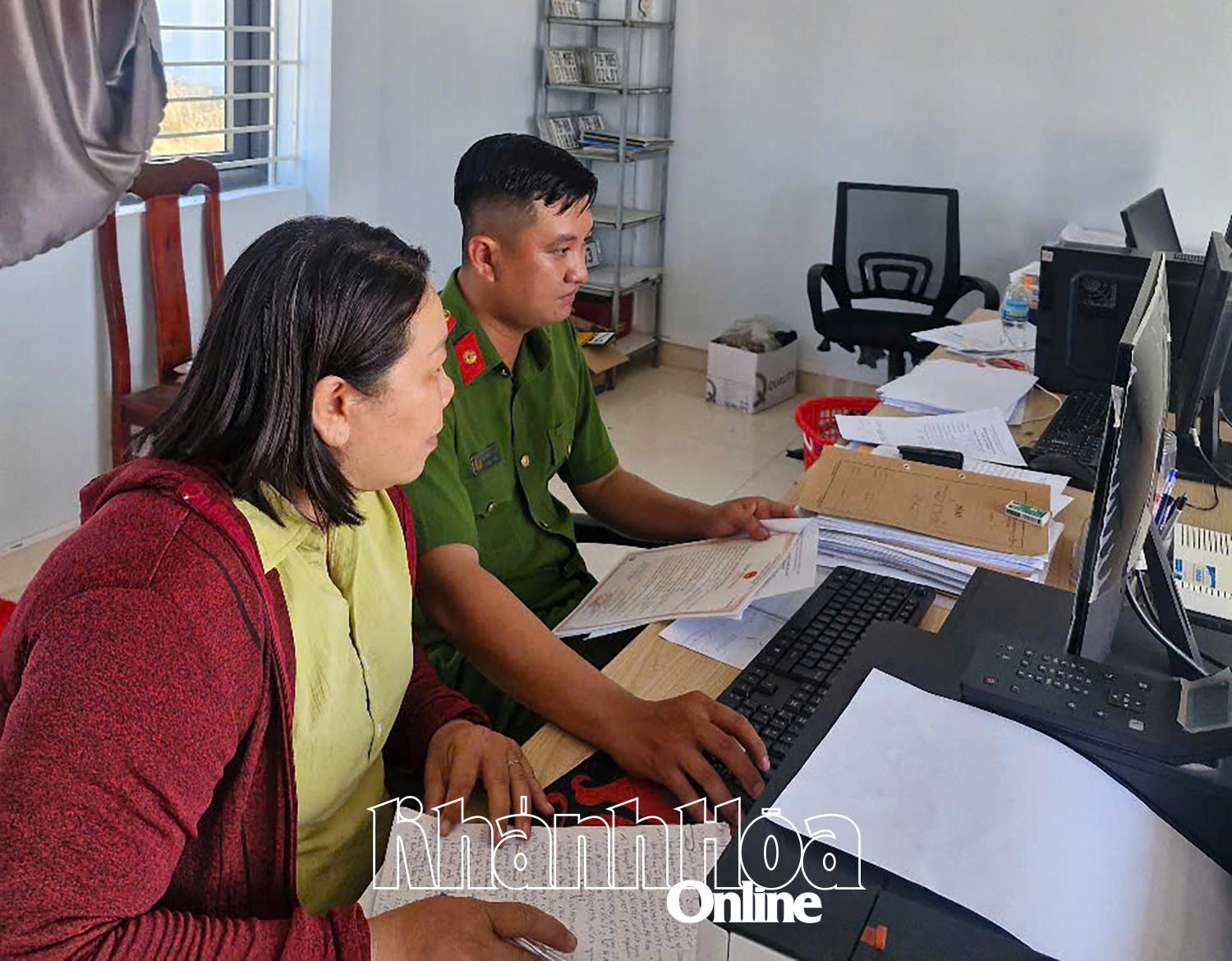
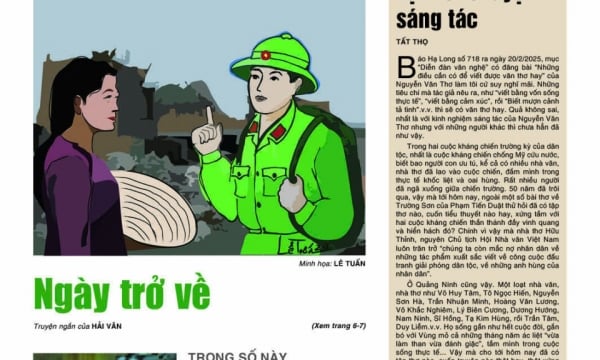
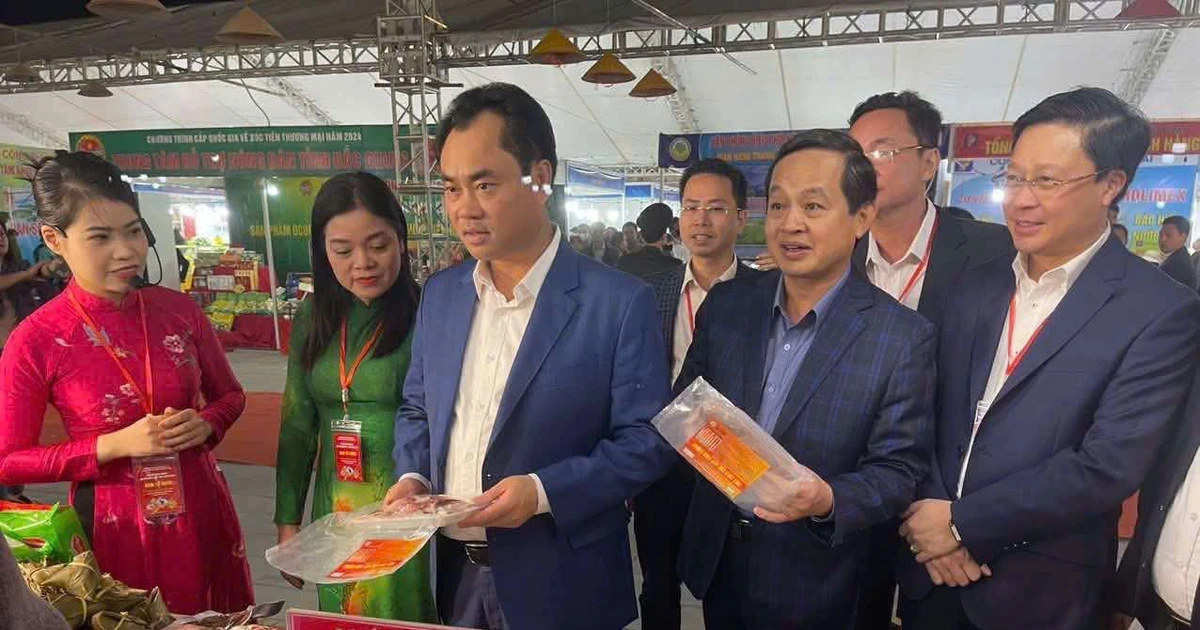



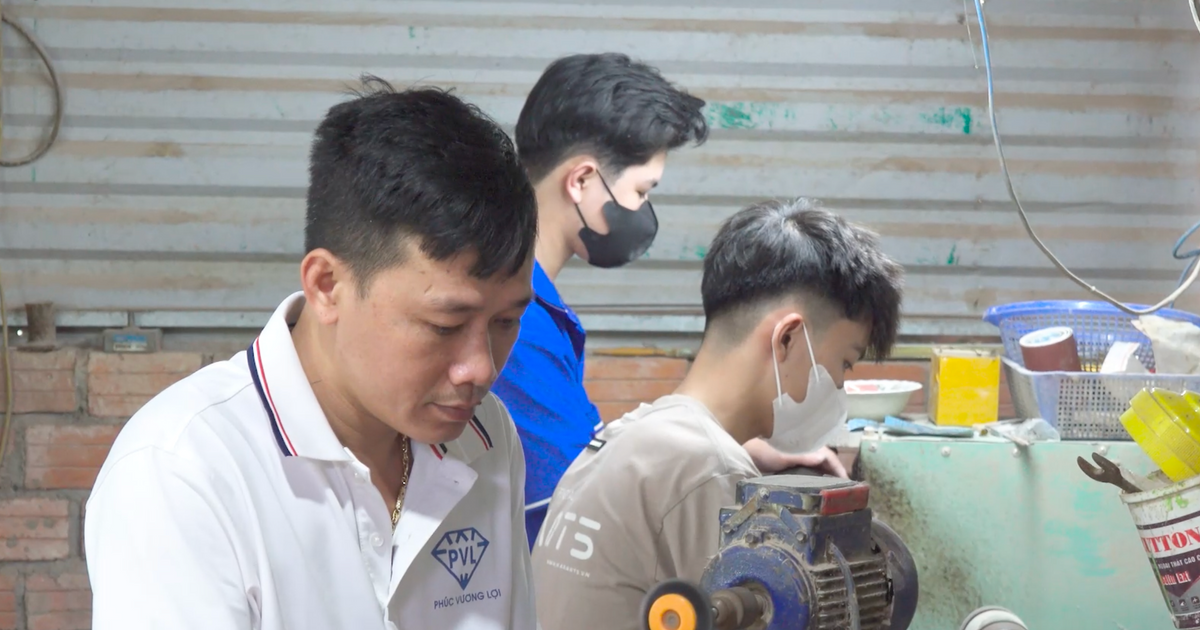

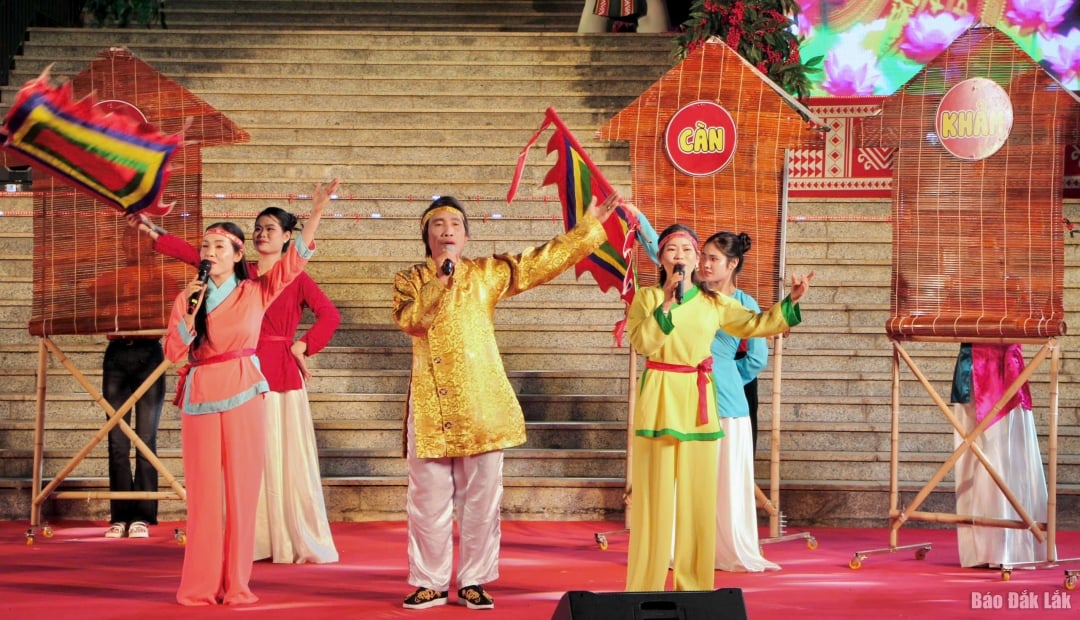

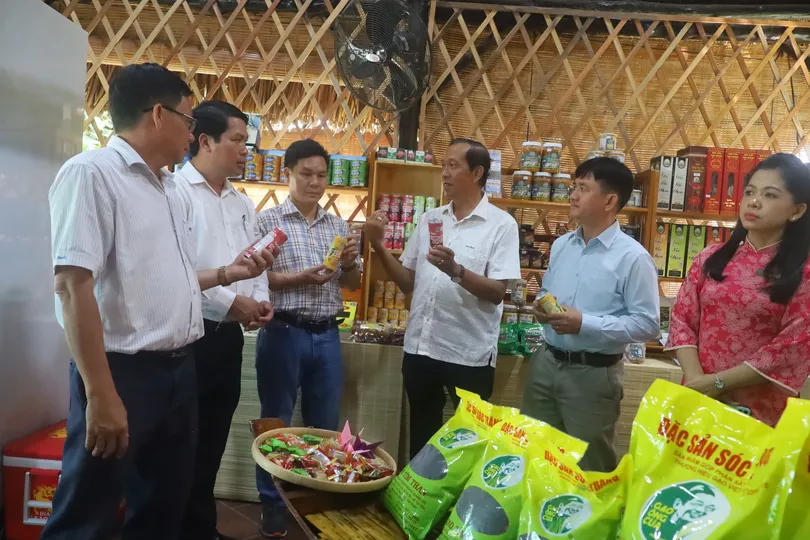

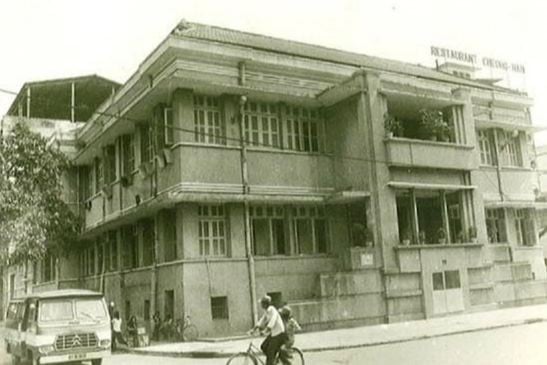

Comment (0)